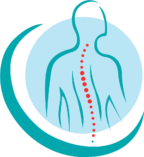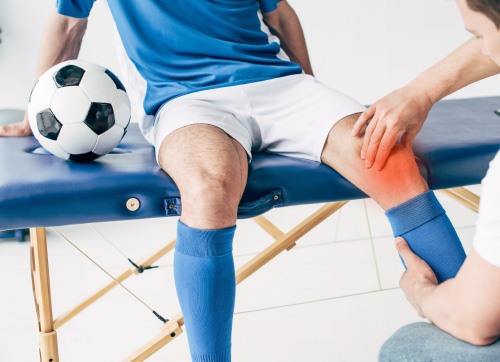Physiotherapy is a powerful, non-invasive way to manage and treat various conditions that impact your mobility, strength, and overall quality of life. Whether you’re dealing with pain, injury, or discomfort, physiotherapy can help you recover, prevent complications, and regain control over your body. Here’s an in-depth look at how it can help:
Orthopedic Conditions
Orthopedic physiotherapy addresses issues related to bones, joints, and soft tissues caused by injury, surgery, or chronic conditions.
Common Conditions Treated:
Arthritis (Osteoarthritis, Rheumatoid Arthritis): Painful joint inflammation and stiffness.
Frozen Shoulder (Adhesive Capsulitis): Reduced shoulder mobility due to stiffness.
Tennis Elbow & Golfer’s Elbow: Tendon inflammation from repetitive strain.
Fractures & Post-Surgical Rehabilitation: Recovery after bone fractures or joint replacement surgeries.
Spondylosis & Disc Herniation: Neck and back pain caused by degenerative changes or slipped discs.
Plantar Fasciitis: Heel pain due to inflammation of the foot’s fascia.
How Physiotherapy Helps:
Pain relief through manual therapy, ultrasound, and electrical stimulation.
Strengthening weakened muscles and improving joint stability.
Restoring mobility through targeted exercises and stretching.
Preventing further degeneration or deformity.
- Musculoskeletal Conditions
These conditions involve muscles, ligaments, tendons, and connective tissues that affect movement and posture.
Common Conditions Treated:
Chronic Back & Neck Pain: Often caused by poor posture, sedentary lifestyles, or injuries.
Sciatica: Radiating pain from the lower back to the legs due to nerve compression.
Muscle Strains & Ligament Sprains: Injuries from overuse or sudden impact.
Postural Imbalances: Misalignment issues like scoliosis or kyphosis.
Repetitive Strain Injuries (RSI): Pain in wrists, elbows, or shoulders from repetitive tasks (e.g., typing or lifting).
How Physiotherapy Helps:
Corrects posture and alignment to reduce strain.
Relieves pain and stiffness through advanced techniques like dry needling and cupping.
Strengthens muscles to prevent re-injury and enhance function.
Restores range of motion with targeted stretching and joint mobilization.
- Sports-Related Injuries
Sports physiotherapy focuses on treating injuries that occur during physical activities and enhancing athletic performance.
Common Conditions Treated:
ACL Tears & Knee Injuries: Damage to knee ligaments from sudden stops or twists.
Rotator Cuff Injuries: Shoulder pain and weakness due to overuse or trauma.
Shin Splints: Pain along the shinbone due to overuse, often seen in runners.
Ankle Sprains: Ligament injuries caused by twisting or rolling the ankle.
Tendinitis: Inflammation of tendons, common in athletes (e.g., Achilles tendinitis).
Muscle Cramps & Fatigue: Overuse injuries from prolonged activity.
How Physiotherapy Helps:
Speeds up recovery with tailored rehabilitation programs.
Enhances performance with strength and endurance training.
Prevents injuries through biomechanical corrections and prehabilitation.
Uses specialized techniques like kinesiology taping, IASTM, and proprioception training.
Why Choose Physiotherapy?
Drug-Free Pain Relief: Avoid the side effects of medications.
Personalized Care: Every treatment is customized to your specific needs.
Prevention-Oriented: Stops conditions from worsening or recurring.
Holistic Approach: Improves overall health and function, not just symptom management.
If You or Someone You Know is Suffering…
Don’t wait until it’s too late! Early intervention through physiotherapy can make all the difference. Pain, stiffness, or limited mobility are signs your body needs care. Reach out to a trusted physiotherapist to:
Assess the root cause of your condition.
Create a personalized treatment plan.
Begin your journey toward recovery and wellness.
Take Action Today!
Transform your pain into progress. Start physiotherapy now to reclaim your strength, mobility, and quality of life.

